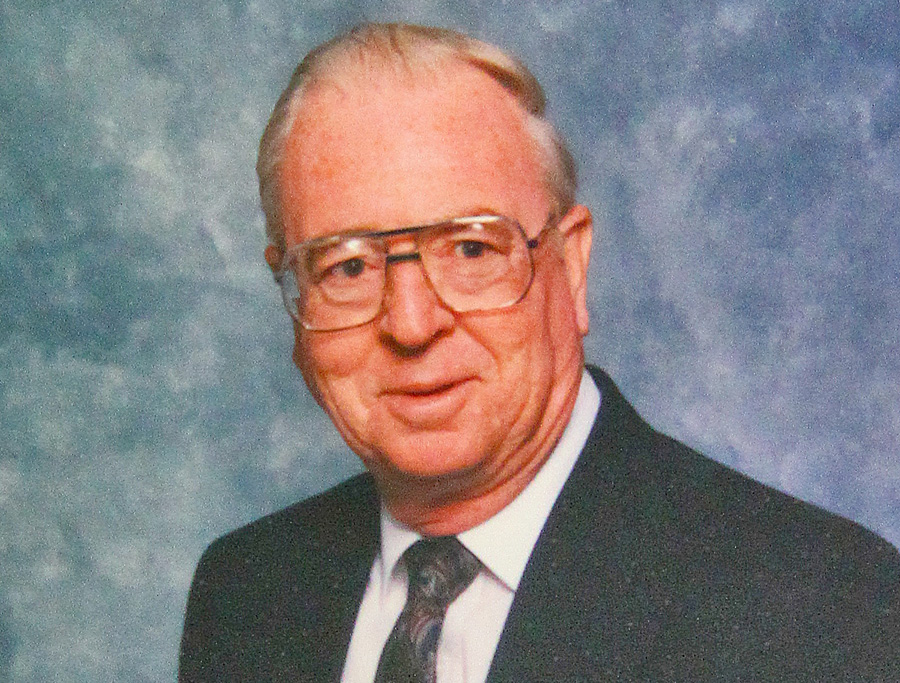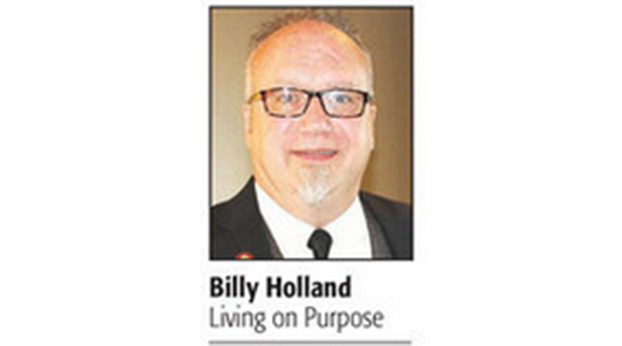Words are indeed powerful
Published 11:38 am Thursday, November 2, 2017

- Photo submitted
By Howard Coop
Who remembers the words of a song children used to sing: “O be careful little mouth what you say?”
Whether it is something said by a little child or something said by an adult, words just could make a big difference.
Dr. Daniel A. Poling, from 1922 to 1939, was pastor of Marble Collegiate Church, one of the great churches in New York.
During those years, Dr. Poling and his family frequently rode one of the large double-decker buses that moved to and fro along Fifth Avenue.
On one occasion as the bus made its way down Fifth Avenue, the tiny granddaughter was being entertained with pictures a large corporation was using to advertise toothpaste.
In the picture, a little boy was eagerly brushing his teeth. Suddenly, the little girl, pointing to the picture, cried out, “Look! Look! There’s no place to spit!”
Dr. Poling knew an officer in the corporation, and the proud grandfather that he was, shared the humorous story with him.
In a short time, all advertising pictures of the toothpaste company were changed. The same picture was used, except for a bowl that had been added in the lower corner of the picture.
A humorous remark by a tiny little girl, passed on by a proud grandfather, made a tremendous difference. It immediately changed the advertising program of a large corporation.
Words are powerful.
Spoken inadvertently or intentionally, they produce results, sometimes amazing results.
They can change things … and people.
For more than 4,000 years, it has been proverbial that “A word aptly spoken is like apples of gold in settings of silver.”
Blaise Pascal, the French philosopher of the seventeenth century, wrote, “Kind words do not cost much. They neither blister the tongue nor lips. Though they do not cost much, they accomplish much. They make other people good-natured.”
Then, to express the power of words, Robert Browning, the 19th Century English poet, wrote, “Words break no bones; hearts, though, sometimes.”
We use words constantly, but the old childhood song was right: “O be careful … what you say.


